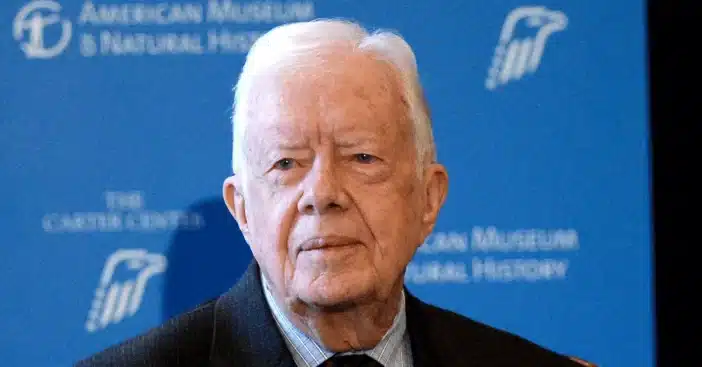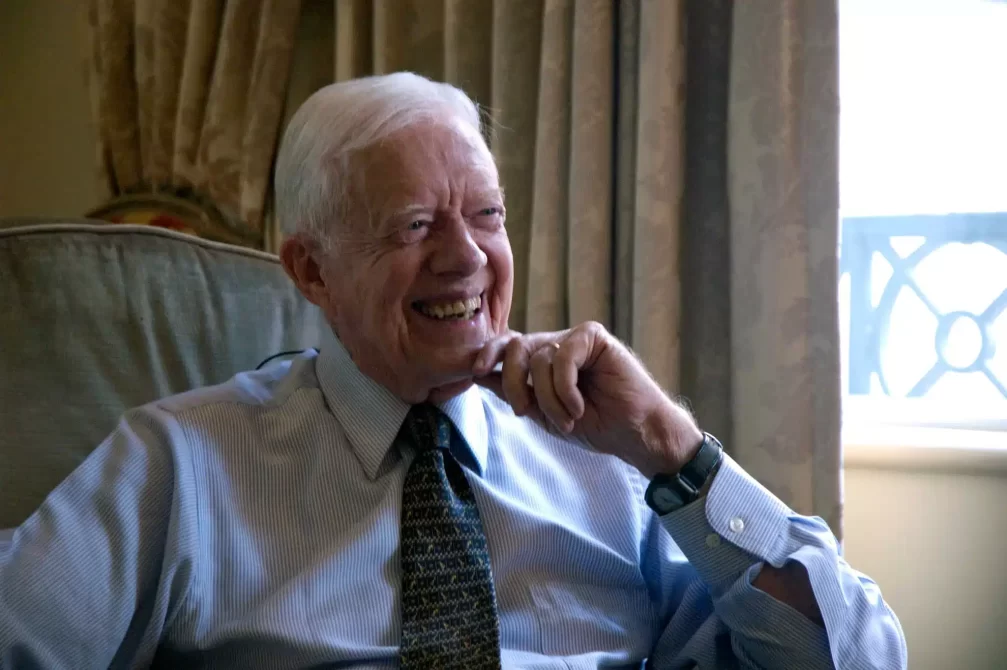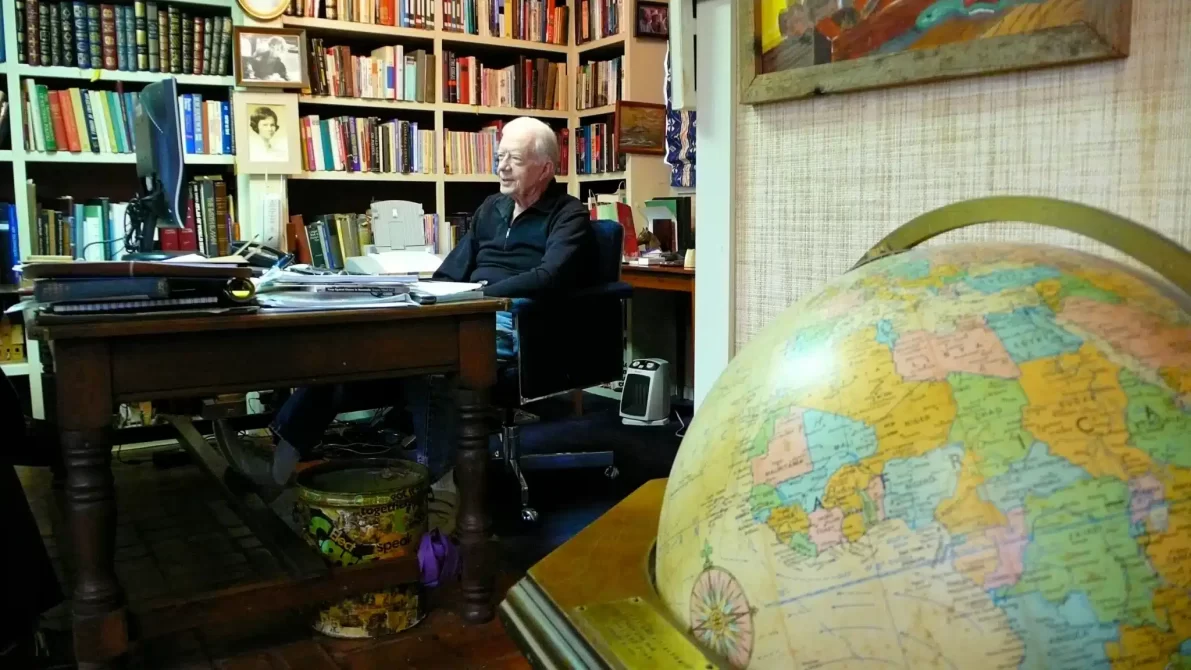
Jimmy Carter’s life was a unique blend of rural roots and global ambitions. Born and raised in Plains, Georgia, Carter’s small-town upbringing instilled in him strong values and a deep connection to the plight of his people.
However, it was in Atlanta, Georgia’s capital city, that his national political career and humanitarian work truly took off. The city, with its diverse population and global connections, provided him with the perfect platform to develop his policy priorities and kick-start his journey to the White House, a favor he repaid by ensuring that Atlanta became synonymous with his identity as a person and statesman.
Jimmy Carter helped in shaping Atlanta’s growth and development

Carter’s formative years on his father’s peanut farm in rural Georgia profoundly shaped his future endeavors. As he transitioned into politics, the late president sought to bridge the gap between his rural upbringing and the urban hub of Atlanta. This drive led him to make a lasting impact on the city, fostering growth, connectivity, and inclusivity.
As a state senator, Carter played a pivotal role in establishing Atlanta’s primary public transportation authority, paving the way for the city’s expansion and enhancing its connectivity. Later, as governor, he further developed the transportation system through a sales tax increase. His influence on Atlanta extended far beyond transportation. He implemented sweeping reforms in the state government, introducing innovative mental health and education policies.

Carter’s love for Atlanta was deeply personal and multifaceted. As a die-hard fan of the Atlanta Braves, he frequently attended games with his wife, showcasing his commitment to the city’s culture and community. His efforts to preserve the legacies of influential figures like Dr. Martin Luther King Jr. further demonstrate his dedication to the city’s heritage.
Jimmy Carter built the Carter Center in Atlanta
After leaving the White House as a one-term president, Carter returned to Georgia and established the Carter Center in Atlanta in an attempt to continue his work. The center, which houses a traditional presidential library and a private organization focused on healthcare and peace, has become a leading institution for global health, democracy, and human rights.

Its work has improved the lives of millions around the world, from fighting diseases like Guinea worm disease to promoting democracy and human rights.
[dyr_similar slug
